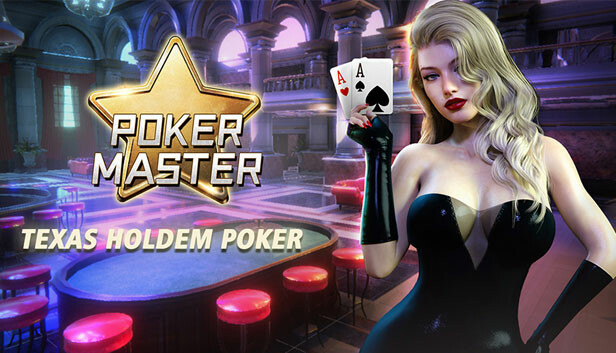
Poker is a card game played between two or more players and involving betting. It has a variety of forms and may be played with as few as two or as many as 14 players. The objective of the game is to make a winning hand by getting a higher ranking than any other player. Unlike other card games, poker involves both chance and skill. A player’s chances of making a winning hand depend on the mathematical frequency (i.e., how often the combination of cards occurs) of their hand and the probability that other players will call their bet. A player may also bluff by betting that they have the best hand when in fact they do not. If other players call the bet, the bluffing player wins.
The game begins with the players putting in a small amount of money, called an ante. The dealer then deals each player five cards. Each hand consists of two personal cards in the player’s hand and five community cards on the table. After each round of betting, the players must decide whether to stay in their hand or fold. If they stay in their hand, they must place chips into the pot equal to or higher than the previous player’s bet. The player who has the highest hand wins the pot.
A good starting point for newcomers is to play at the lowest limits possible. This allows them to learn the rules of the game, practice basic strategy against weak opponents, and develop their skills without risking a large amount of money. It also gives them the opportunity to increase their stakes as their skill level improves, rather than donating their money to those who are better than they are at the start of their poker career.
It’s important to know the difference between a bluff and a good poker hand. It’s also important to know the value of a poker hand and how it compares with other hands. Having this information will help you determine how much to bet in any situation. In addition, you will be able to determine how much your opponent values their hand, and can then use that information when betting.
When deciding how to play a poker hand, you should consider the strength of your opponent’s hands and the size of the pot. The larger the pot, the more you should play speculative hands and prioritize high card strength. However, it’s also important to remember that poker is a card game of chance, and sometimes you’ll need to be lucky.
When a player is unsure about their own hand, they can ask the dealer to reveal the top card of the deck. If the dealer has a strong hand, they can call the bet and continue betting. However, if the player’s hand is a weak one, they should fold and let someone else win the pot.